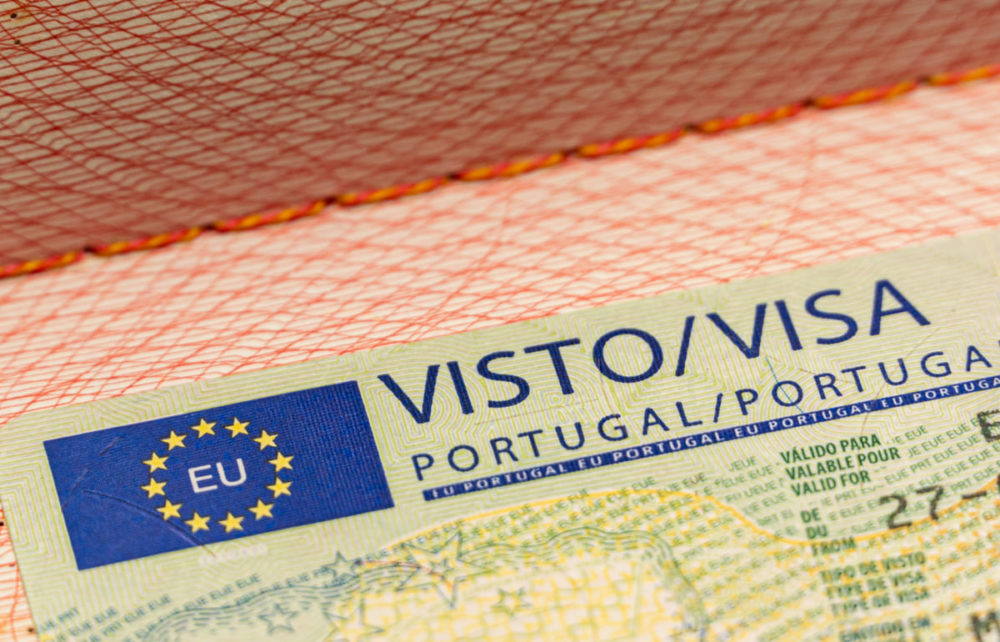Foreigners who want to secure a “golden visa” in Portugal can now do it through investment funds, which now anticipate a boom in inflows, after buying property ceased giving residency rights.
The Portuguese government has tightened the rules after initially saying in February 2023 that it would scrap the golden visa scheme, which has been blamed for exacerbating real estate prices. It had already sought to redirect property investments from big cities to depopulated areas.
The scheme, which offers wealthy non-EU nationals who invest in Portugal the right to live in the country, has attracted EUR 7.3 billion euros of funds since its 2012 launch. Most participants are from China, Brazil and the United States.
Around 90% of that money went into real estate, sparking complaints it was driving up house prices and the European Commission has meanwhile called for an end to such programmes, citing security risks.
“Real estate has always taken the focus away from the other options,” lawyer Vanessa Lima, from Prime Legal, which among other services helps foreigners apply for the visa, told Reuters. “The main type of investment will (from now on) be in funds – there is no doubt.”
Real estate investment in Portugal increases by 39% in 2022 to EUR 3 billion
To be eligible, applicants must transfer 500,000 euros to one or more qualifying funds. Portuguese stock market regulator CMVM, which certifies funds, said it could not provide a list of those eligible for golden visa investments. Lima estimated there were around 40, although some may not still be open for investment.
Among those hoping to benefit is sustainable agriculture investment fund Pela Terra, which is already helping to regenerate nearly 1,000 hectares of farmland in the Alentejo region.
“The new regulations are wind in our sails,” said Pela Terra’s Alex Lawry-White. He described the changes as a “correction” of rules that had created problems such as higher house prices, adding: “The golden visa programme should have the community … at the centre of its focus.”
Jim Davidson, a Pela Terra investor from the United States, said real estate was still an option when he started the golden visa process but that he had been aware of growing negative sentiment toward the scheme. He said Pela Terra was more aligned with his values and ethics.
Another fund, Sharing Education, invests in international schools in Portugal. Although there is no official data yet, three lawyers specialising in golden visas told Reuters they expected funds to soon represent 80-90% of all such investments. But with property closed off, some said less money was likely to make its way to Portugal overall.
Contributing at least 250,000 euros to cultural projects or 500,000 euros to scientific research – or generating 10 jobs – can also help secure a golden visa. Applicants must allow criminal records checks and show they have no outstanding debts.
Portugal´s government party opposes end of ‘golden visa’ scheme
But Nuri Katz of advisory firm Apex Capital Partners said excluding real estate investments would make Portugal less attractive to investors, who would turn to other countries’ golden visa schemes. Neighbouring Spain is among those that still allow property investments.
The fact that eligible funds need only invest 60% of their cash in Portugal would further reduce the scheme’s benefits for the nation, Katz said.
Lawyers and advisory firms have long complained the golden visa process is slow and bureaucratic, and some wanted more clarity about the new rules, which bar both direct and indirect real estate investments, Reuters added.




